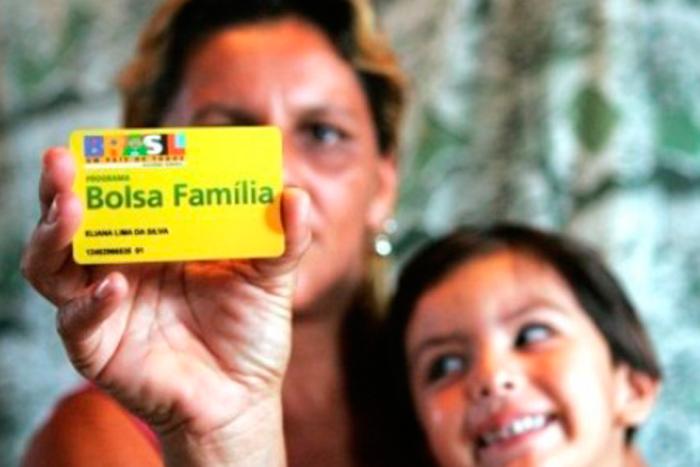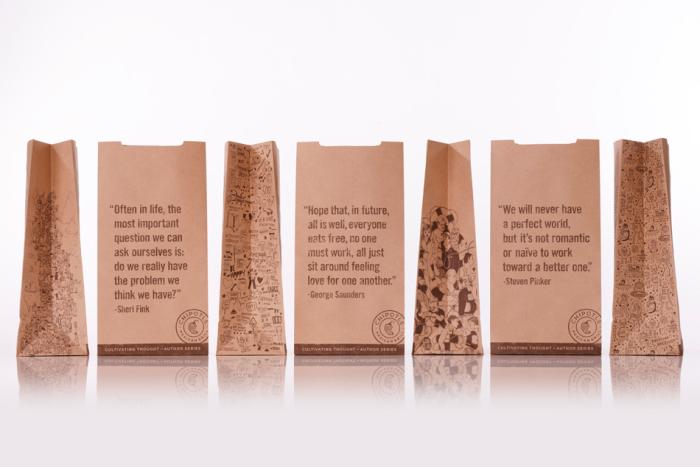NASA forgot how to go to the moon. They went there (or so they say) in 1969, but they were in a hurry and so didn’t write everything down properly. Teams of hundreds of scientists and engineers—some government employees and some private contractors—built the rocket by hand, and if one version caught fire they would try a different variation until something worked. The Saturn V rocket that finally launched the Apollo has been in a museum for the past 40 years, and this April a new crop of NASA employees started taking apart its engines—the old F1s—to see if they could figure out how the old NASA team had put them together in the first place.
Lewis Dartnell’s new book The Knowledge: How to Rebuild Our World From Scratch imagines a small band of survivors of an apocalyptic event—a pandemic, an asteroid—as the inheritors of an otherwise unpeopled landscape. Moon rockets—along with toasters, cigarette lighters, water filtration systems, and supermarkets full of food—stand as Stonehenges from a vanished world of collective understanding. Our species made these things once. Could we figure out how to do it again?
The Knowledge is part manual and part basic primer on the underlying processes of the physical world. It provides practical instruction for how to, say, build a smokehouse out of a fridge—smoking, Dartnell notes, is an ancient technique for food preservation. But post-apocalyptic survivors, blasted back to the Bronze Age, would have a leg up over their ancestors if they could also remember why smoke preserves food. Smoking, like other traditional preservation methods, was developed through trial and error, before humans understood what germs or microbes were or why some environments inhibited their growth. “Retaining this kernel of understanding after the apocalypse (see page 160 for how to build a microscope capable of revealing these microbes),” Dartnell writes, “will be enormously beneficial to maintaining a reliable food supply and avoiding infectious disease.”
The Knowledge takes its place among survivalist guides like Cody Lundin’s 2007 When All Hell Breaks Loose: Stuff You Need To Survive When Disaster Strikes, as well as The National Geographic Complete Survival Manual, or John Wiseman’s 2009 SAS Survival Handbook: The Ultimate Guide to Surviving Anywhere. It has a lot in common with any cookbook, car manual, or how-to on building a birdhouse. Like any attempt to transfer knowledge through written instruction, it has to engage the fundamental problem of frame of reference: while it’s easy to imagine ourselves forgetting much of what we now know, the hard part is trying to frame instructions that accurately predict the gaps in our future knowledge.
Moon rockets—along with toasters, cigarette lighters, water filtration systems, and supermarkets full of food—stand as Stonehenges from a vanished world of collective understanding. Our species made these things once. Could we figure out how to do it again?
Cookbooks are a good example of how old instructions can fail to instruct. Le Menagier de Paris, written in 1393, is one of the earliest surviving housekeeping books from medieval Europe. In the cooking section, which “Speaks of Ordering, Devising and Having Prepared All Manner of Soups, Broths, Sauces and All Other Foods,” we learn a few helpful hints such as: “Item, with milk, keep it from turning.” Good idea; but how? Also, in a section on how to prepare black pudding: “One may ask how the guts may be turned inside out for washing; I reply: with a linen thread and a piece of brass wire as long as a gauge-rod.” As it happens, I have more questions: what is a gauge-rod and how long is it? What do you mean, “with”?
In the post-apocalyptic world, IKEA instructions designed for maximum comprehensibility across cultures may be as mysterious as Egyptian hieroglyphs. If you’ve never seen a Duktig Play kitchen—birch plywood, white, Article Number 498.745.33—you may have trouble divining its purpose (“Encourages role play which helps children to develop social skills by imitating grown-ups and inventing their own roles”). You may be mortally disappointed to find that even once you’ve inserted the twelve long spinny things into the flat thing with the holes, and attached the sort of squarish plastic thing that looks like a smushed bird face onto the other side of the long plank, potable water fails to come out the child-size tap. Nor does the diminutive microwave emit the germ-killing heat you were hoping for.
If they’re lucky, the scared band of survivors tasked with a re-boot of human civilization will include a few of the “mechanically-minded” types who, as Dartnell writes, “shouldn’t have too much trouble cobbling together rudimentary windmills from salvaged materials.” The new generation of NASA scientists and engineers have a pretty good shot at figuring out how the F1 space flight engines were built, since they have the advantage of already being NASA-calibre scientists and engineers.
However, it’s entirely possible that the few who survive a mutated avian flu or nuclear accident will be a crew of shoe salespeople, marketing executives, and poets. They will have to look to the written instructions we leave behind—whether The Knowledge, Canning and Preserving for Dummies, or Lucius Junius Moderatus Columella’s first-century farming treatise, Opus agriculturae. The voices in these books will be their guides through the massive undertaking of rebuilding life as we know it. Let’s hope they find themselves under the benevolent leadership of Captain Obvious.






